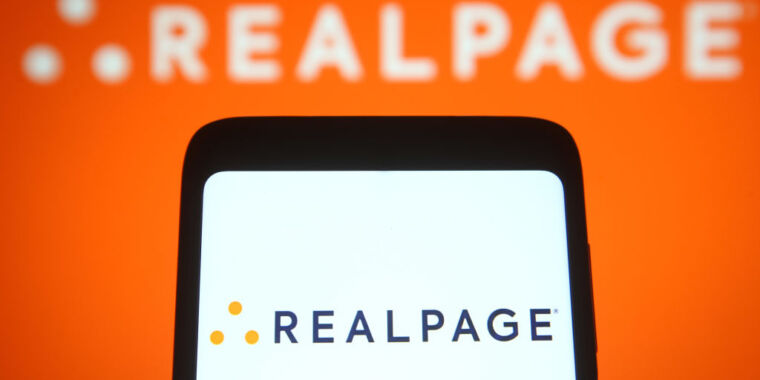This software demonstrates one of central issues that free market fundamentalists miss. There is a huge information imbalance between companies and your average individual. That enables companies like this to take advantage of troves of information to set prices while leaving individuals and families struggling to keep up.
Edit: This is where good unions are so vital. When at the bargaining table, they have access to a fuller view of information that rivals an employer. Unfortunately, not every union does a good job. I’ve heard many US railway workers are upset with their unions.
That enables companies like this to take advantage of troves of information to set prices while leaving individuals and families struggling to keep up.
Even if individuals had access to this information, it’s being set by a single source. If companies are unwilling to adjust prices to meet demand, and simply set it to what a single source says they should, what leverage do individuals truly have? How many of the individuals will have the time and energy to investigate the source? Once they investigate the source, what actions can they take?
One might make the argument that they can simply not purchase the service, but is this realistic for something like housing? Would you rather be homeless or pay more than you’re comfortable paying? When a company is gigantic enough to survive a significant period of time where they aren’t making profits or has enough holdings that they can float some empty units in order to make more profits int he long term, what levers can affect the way the company operates if they are secure in knowing that no one else will undercut their prices?
At the end of the day what’s lost on these free market fundamentalists is that supply and demand are concepts to describe a **free ** market. If the market is dominated by a single interest, it is by definition not a free market. As you rightly mentioned, most of the time nowadays, larger interests tend to be on the seller/supply side and they have an imbalanced power dynamic with consumers/demand side. This imbalance leads to a market not being a free market, and fundamentalists tend to ignore a nuanced take on power.
I mean, entirely unsurprising, but I’m glad I wasn’t the only one with this thought when that story broke.



